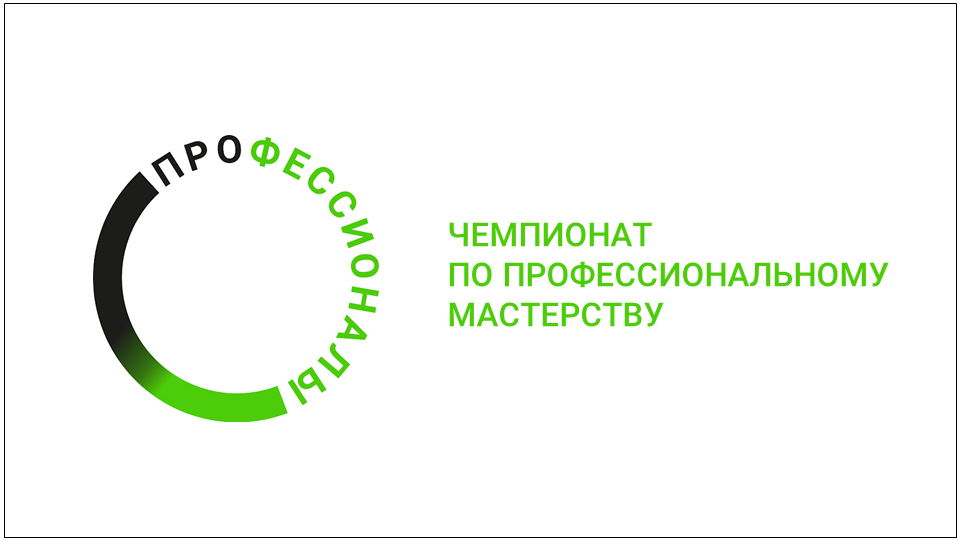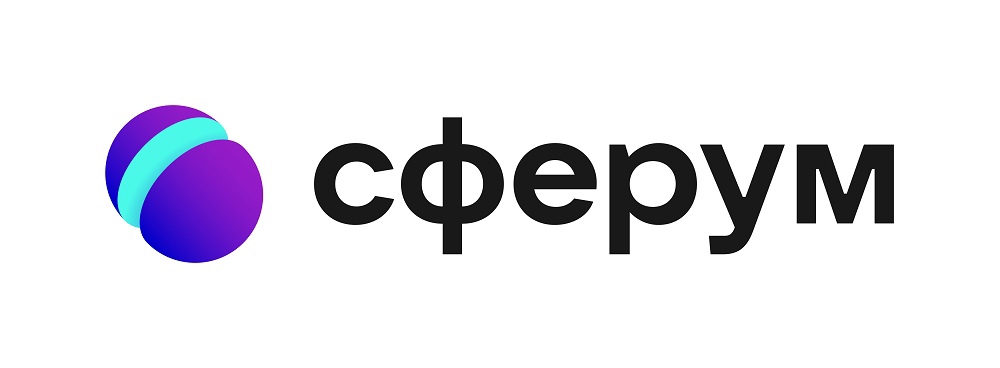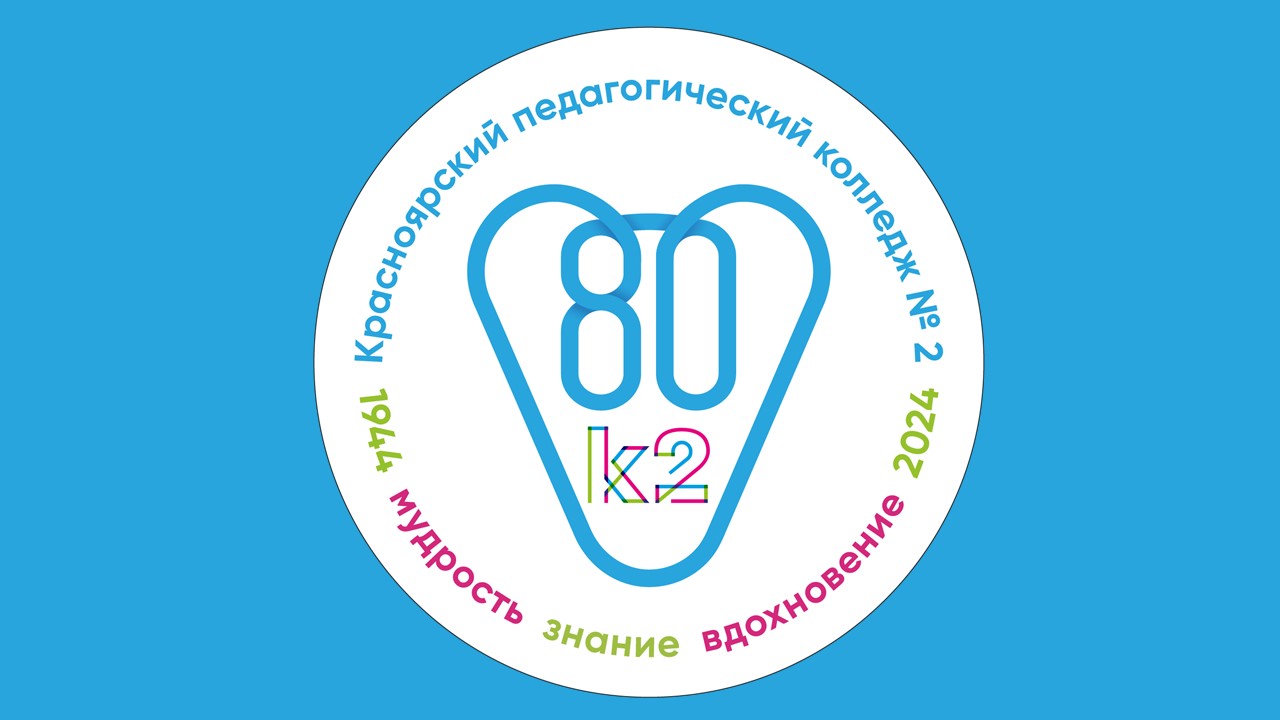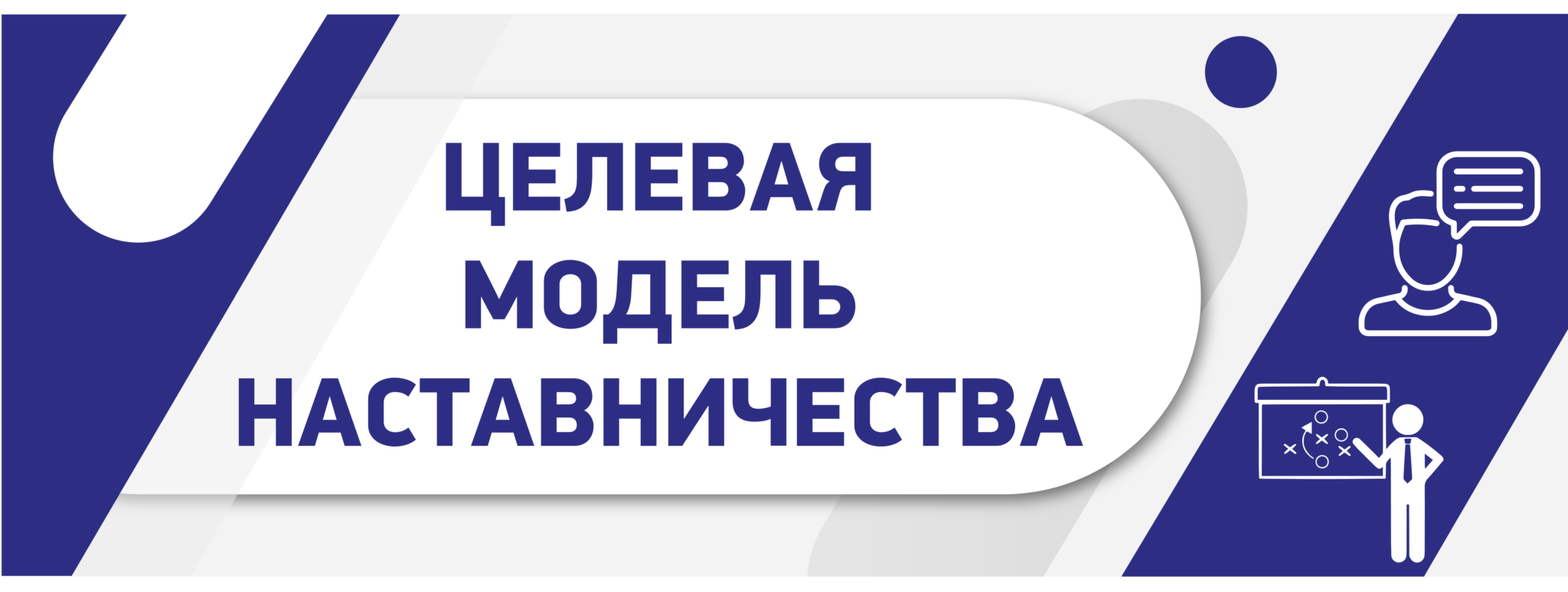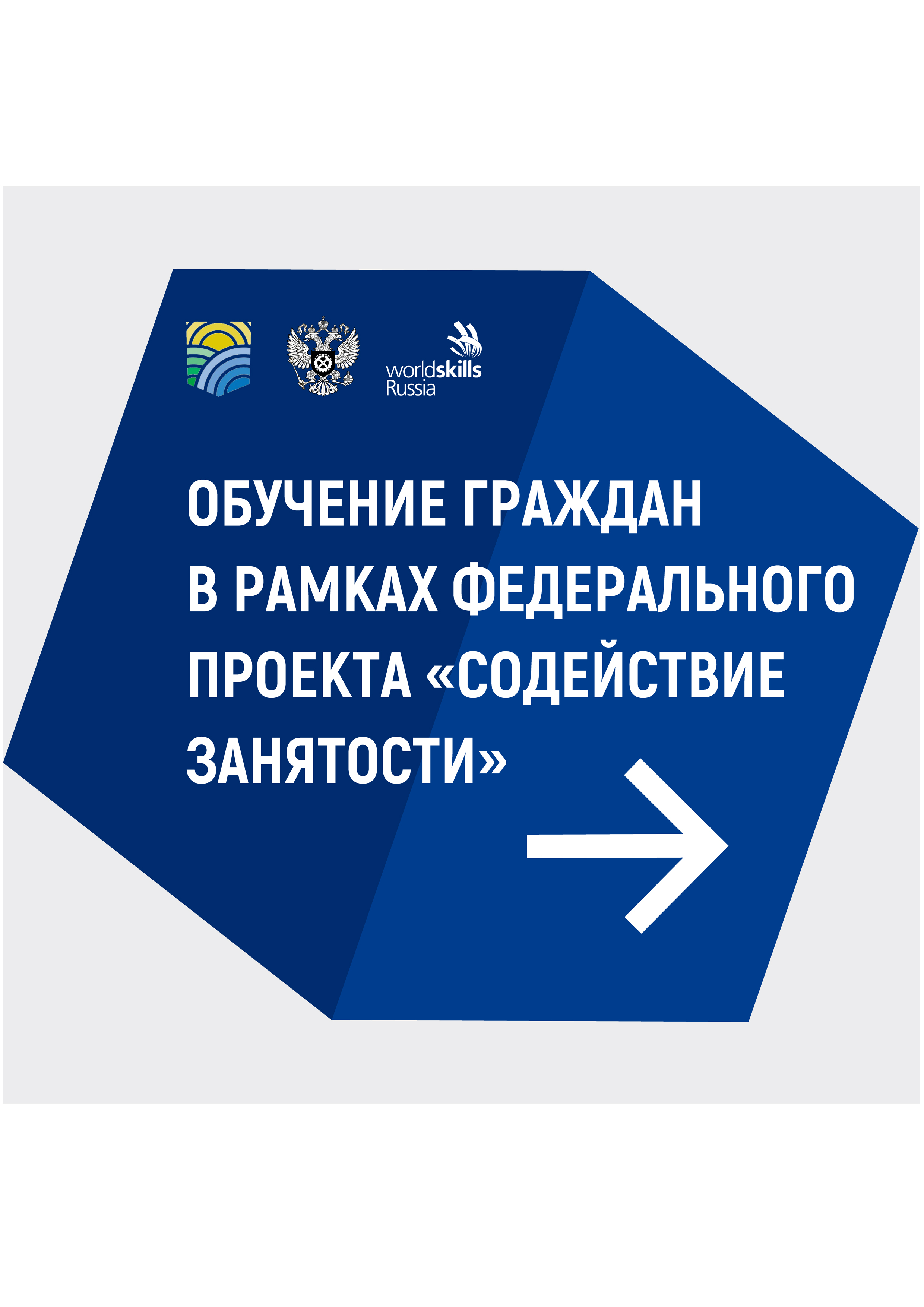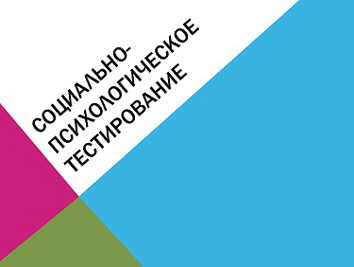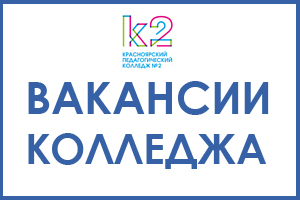How a Personal Injury Attorney Can Help You
If you’ve suffered injuries in an accident, you must contact a personal injury attorney. They can assist you in recovering damages from the party responsible.
First, determine if the defendant was negligent. This can be done through an analysis of liability.
Liability Analysis
A liability analysis is the process that involves assessing the amount of money owed to victims of an accident. This could include compensation for medical expenses as well as lost wages.
Once your attorney has gathered enough evidence to support an argument, they’ll start conducting a liability analysis. This includes reviewing case law, general laws and legal precedents.
When it comes to personal injury lawsuits, a liability analysis is often necessary because it can help determine the amount of money you might be entitled to receive in compensation for your injuries and losses. It also plays a crucial role in negotiations and the outcome of your case.
In most instances, the first step in a personal injury case is to gather evidence to prove your claim as well as the defendant’s liability. This typically means gathering medical records, witness statements, or other documentation to back your claims.
This process is not only time-consuming, it is vital to the legal process. This ensures that defendants are held accountable for their actions and that you are able to seek damages for your injuries.
After obtaining sufficient evidence to support your claim, the attorney will then conduct an analysis of liability to determine the amount of damages that are due. This includes reviewing the California case laws and common law statutes.
The lawyer will also go through any relevant medical records to verify the validity of your claims. This could include contacting medical professionals or hospital staff who were involved in your treatment and asking for detailed reports.
This kind of analysis could be more complicated when your injuries are complex issues or rare circumstances. This is especially true if your injury involves drugs or products.
The lawyer will then evaluate your damages and determine the value of your medical expenses, lost wages, and other expenses. This will allow the attorney to calculate the total value of your claim and determine if it’s worth it to pursue your claim or not.
Mediation
Mediation is a different dispute resolution procedure in which parties try to reach a mutual agreement on their case prior to trial. It is a voluntary process and everything spoken in mediation is kept confidentialand can not be used by the other side in court.
In personal injury litigation mediation is often the initial step in obtaining a settlement and it can save both parties time, money, and stress. Sometimes negotiations can get stuck in a rut.
This is why you need an attorney for personal injury who is adept at handling mediation. They can help you navigate the mediation process and get your case to a successful conclusion.
A personal injury lawyer will also prepare your case for mediation so that you’re mentally and emotionally prepared to be successful. They’ll ensure that you have everything you need, from your medical records to your personal data and will be there for you at every step of the process.
After you’ve met with mediators, they’ll get to know you and your situation. They’ll ask you about how your injuries have affected you and the rest of your family and will listen to your thoughts about how to proceed with your case.
The mediator will then look at all the evidence in the case, and they’ll be able to speak to you about your settlement options. They’ll also be able to provide you an estimate of the probable settlement of your case.
After the mediator has had a chance to meet with you, they’ll arrange an appointment with your lawyer and the insurance company of the defendant. They’ll go over the settlement options and discover what you’re hoping for in a solution to your case.
If mediation fails to produce a settlement the mediator is able to help both sides via telephony or in another session. They can also continue to follow up on other channels, like expert consultations or depositions.
This is particularly useful when there is a serious injury. It will provide the mediator with an idea of the fair settlement for the plaintiff. Then, he will have an idea of how much to provide the defense.
Settlement Negotiations
If you’re injured in an accident caused by another and you are injured, you should seek compensation for your medical expenses and loss of income. An attorney for personal injuries can assist you in obtaining the compensation you require by negotiating with the insurer to your advantage.
Settlement negotiation generally involves back-and forth exchanges with the insurance adjuster for the other side where both parties trade offers to come up with an agreed-upon amount for compensation. This process could take weeks, months , or years, depending on the circumstances of your case.
It is crucial to keep your cool when negotiating. Letting emotions control your decisions could result in delays in settlement negotiations and can cause you to lose out on an opportunity to negotiate a better deal.
Before you have a settlement discussion you should think about what your priorities are and how you would like to be treated by the other side. These issues can be discussed to help come up with solutions that will meet your needs and avoid any conflict in the future.
When you settle, it’s crucial to ensure that the settlement agreement accurately matches what you have agreed to at the beginning of negotiations. It’s easy to miss important details of the agreement, especially if you have already signed it.
It is crucial to keep in mind that insurance adjusters may be more motivated by money when they negotiate with you. Therefore, be aware that they may provide a lower amount than what you requested in your demand letter.
It is recommended to wait until an insurance adjuster offers an acceptable counteroffer prior to you accept it. This will let you consider whether it is a sound negotiation strategy.
In the end, the key to an effective settlement negotiation is to be flexible and to take into account any new facts or evidence that are discovered during the process. This will help you come to a settlement that is mutually beneficial and meets both the needs of each party.
A dedicated personal injury lawyer will be able to guide you through the entire process of negotiating your injury claim with the insurance company. They can provide you with direction and advice on each monetary amount’s pros, limitations, and potential.
Trial
A trial is usually the last option in a claims procedure. Most people prefer to settle disputes outside the courtroom. This is especially true for personal injury cases, in which plaintiffs are often nervous about going to court, worried about making an error.
A trial is the legal process where a judge or jury decides if a defendant should be held accountable for damages and injuries suffered by a plaintiff. It involves gathering evidence witnesses’ testimony, witness testimony and expert testimony and present them to the jury.
The trial process is divided into two phases: the main case and the closing arguments phase. Both of these phases could last for a few weeks or even months, depending on the complexity of the case.
In the main case, each party provides their most important evidence to the jury. The jury will then take into consideration all evidence and decide on the appropriate level of compensation.
The lawyers of each side will make their opening statements to the jury. These statements will describe what they believe the case will prove and how their arguments will be proven. Each side may have to make their opening statements for 30 minutes or longer.
After the opening statements, every attorney has the opportunity to present their evidence and to present their witness testimony. This could include things like photographs or accident reports expert witnesses, and other evidence.
At the close of the evidence and witness testimony phase, both sides will have the opportunity to present their final arguments. The arguments are based on the evidence and will usually strengthen any key points or arguments that were made during the trial.
Both sides are able to appeal an outcome of the jury. This is done on the ground that the jury’s selection was inadequate or the judge’s interpretation of law was not right. The appeals court looks over the evidence and the verdict, and decides on new rulings or decisions in the case.

